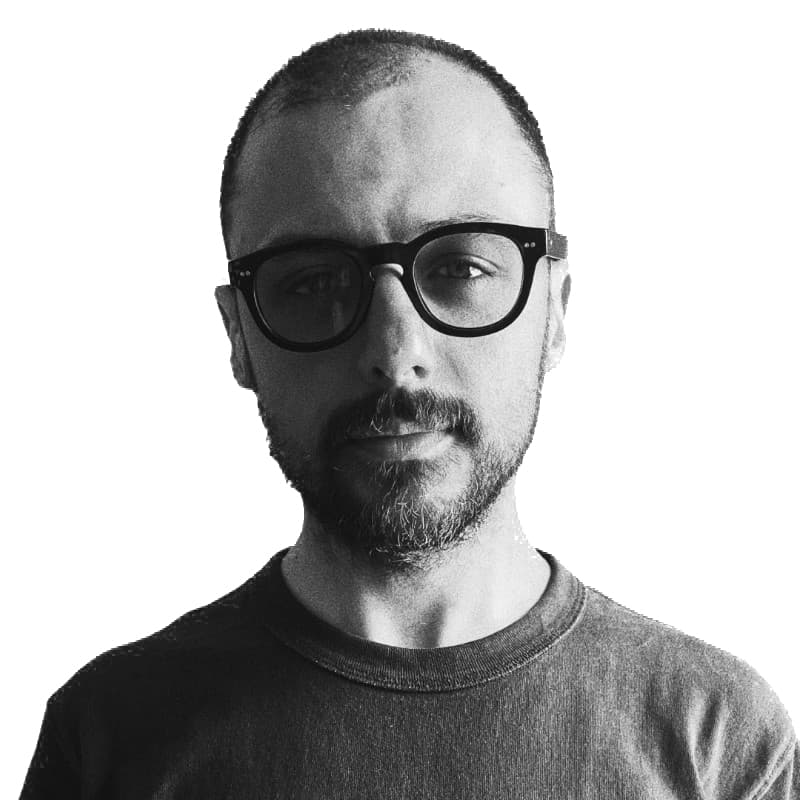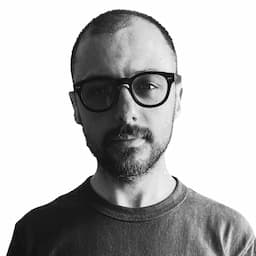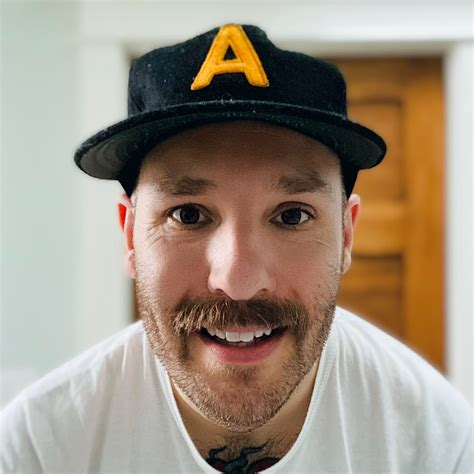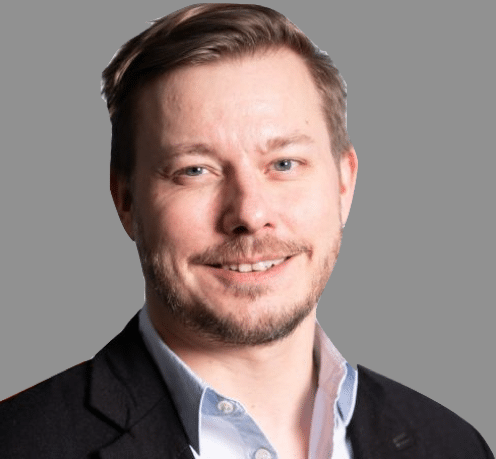/ EPISODE 52
On How OKR Strategies Demand Clarity, Flexibility, and Decisions
GUESTS

Antonio Civita
Founder at STRTGY
Listen on
Listen on
Google Podcasts
Listen on
Pocket Casts
Listen on
Spotify
Listen on
Apple Podcasts
Listen on
Stitcher
or use this URL in your favorite podcast app: https://feeds.transistor.fm/dreams-with-deadlines
Episode notes
On this episode of Dreams with Deadlines, host Jenny Herald sets the stage for OKR adoption success with Antonio Civita, an innovative “design thinker” who has written a book on the topic. With his unique blend of experience leading high-level workshops for large companies looking to become more agile and outcome-driven, Antonio shares the toolkit that he and his team have developed – and are constantly continuing to evolve to support optimal OKR outcomes.
What you will learn
- The core mission at STRTGY, an Italian company that works internationally to mobilize teams around nimble, adaptable management structures and systems suited to today’s fluid marketplace.
- What’s required to effectively implement OKRs – including leadership buy-in and carefully defined and clearly communicated objectives.
- The things that founders have and their employees want – authority, agency, and autonomy.
- The power of real numbers and ongoing iterations to measure and optimize OKR rollouts.
- And finally… We get the scoop on Antonio’s unique 12-week program for successful OKR adoption – from developing strategy to energizing teams to establishing a culture that embraces robust feedback to optimize procedures over time.
Show notes
- [00:02:32] Antonio explains STRTGY’s core mission, which includes mobilizing teams and making older management structures more nimble and adaptable.
- [00:03:37] STRGY’s ultimate goals revolve around three pillars – People, Processes, Products and Profits – designed to give companies a radically different model that is continuous, effective, structured, collaborative – and fun!
- [00:04:00] About how Antonio became the OKR expert he is today, including his boutique Italian innovation work untangling corporate structures whose systems were demotivating, ineffective, rigid with strategy profoundly disconnected from execution.
- [00:05:59] Antonio developed his unique approach to OKR adoption by combining his expertise as a workshop moderator with constantly evolving tools to improve the process.
- [00:06:36] Defining OKRs: Critical decisions about how to optimize resources (including teams) to win strategic challenges by iterating on an ongoing basis.
- [00:08:10] Why it’s about more than just the numbers: Far more than end goals, which are fleeting, it’s progress that keeps teams energized, bonded, and committed.
- [00:10:12] About managing by numbers rather than expectations: Antonio too often sees managers issue ill-defined expectations, which leads to micromanagement and other counterproductive leadership behaviors. The alternative? Managing well-defined, transparent goals with real-time numbers and autonomous, proactive teams.
- [00:12:08] Antonio focuses his clients on outcomes, not the path to getting there.
- [00:12:48] About “Make Progress with OKRs,” Antonio’s new book influenced by recent research and analysis around productivity across industry sectors as well as problem-solving, autonomy, and communication styles.
- [00:14:30] The basic principles that support productivity, teamwork, and non-judgmental, self-reinforcing reporting systems throughout a product’s life cycle.
- [00:16:03] About what it is that founders have that everyone wants: Decision-making authority, autonomy, and discernable rewards along the way. Do models that incorporate these elements remove roadblocks and inspire self-determination and accountability?
- [00:18:41] Antonio highlights processes and systems that support effective OKRs and shares his take on continuously updated SOPs, flexible structures, emotional alignment around goals, and mechanisms for measuring quality.
- [00:22:02] Jenny and Antonio reflect on misconceptions about autonomy versus procedure. Mindshare and structures = freedom up and down the enterprise.
- [00:24:02] About Antonio’s new book and its program for launching a successful OKR cycle in 90 days:
- Part I provides an overview of what OKRs are and why they’re important.
- Part II is a 12-week program broken into three phases:
- 1. Working step-by-step to identify and align management around key objectives, culminating in a big, all-in meeting to share the methodology.
- 2. After securing buy-in, deploy bottom-up and sideways support from teams around key objectives and measures.
- 3. Deployment! The goals require discipline, good habits, and prioritization of three important dynamics:
- A sense of progress, forward movement.
- Regular check-ins to slow activity, help identify roadblocks and avert constant hyper-reactivity.
- A culture in which feedback is ongoing and non-threatening to keep everyone positive and learning together.
- [00:30:23] Antonio recalls two of the transformational projects of which he is most proud, including the tools he and his team were able to deploy across cultures and sectors.
- [00:32:02] The Big Idea: What one thing would Antonio most like to advise as a thought leader in the OKR space? Invest the time and resources to ensure your strategy is crystal clear. Poorly written objectives disenfranchise contributors and generally result in poor execution.
- [00:36:50] Quick Fire Questions for Antonio:
- What is Antonio’s Dream with a Deadline? To develop and evangelize the most pragmatic OKR program of any company in Europe.
- What does he most appreciate about his team? Their velocity with constant product development and the continuous improvement process they embrace.
- What’s an example of a STRTGY execution that proved challenging? Starting from scratch with SEO optimization to differentiate from competitors; building a growth loop, community, and human face in the midst of the pandemic.
- Any advice for those who have tried (and perhaps fallen short on) OKRs? Keep going! Nobody gets it right the first time. Ensure that there’s commitment at the top levels and clarity among those executing at the lower levels. Communicate!
- When will Antonio’s book be available? He’s in the midst of a crowdfunding campaign and his first edition (in Italian) will be available on Amazon and elsewhere this fall.
Relevant links
- "Measure What Matters," by John Doerr
- "The Progress Principle: Using Small Wins to Ignite Joy, Engagement, and Creativity at Work," by Teresa Amabile and Steven Kramer
- Andy Grove’s book introducing the idea of growth at the periphery: "Only the Paranoid Survive: Lessons from the CEO of Intel Corporation."
- “Make Progress con gli OKR” (Make Progress with OKRs) is now available
About our guest:
Antonio support big clients, PMIs and start-ups as a Design Leader driving innovation through “Design Thinking” and “Human Centered Design” processes to solve complex problems with a data-driven and creative problem-solving approach. He works in many fields including branding, service design, UX, digital products, portals and e-commerce platforms.




